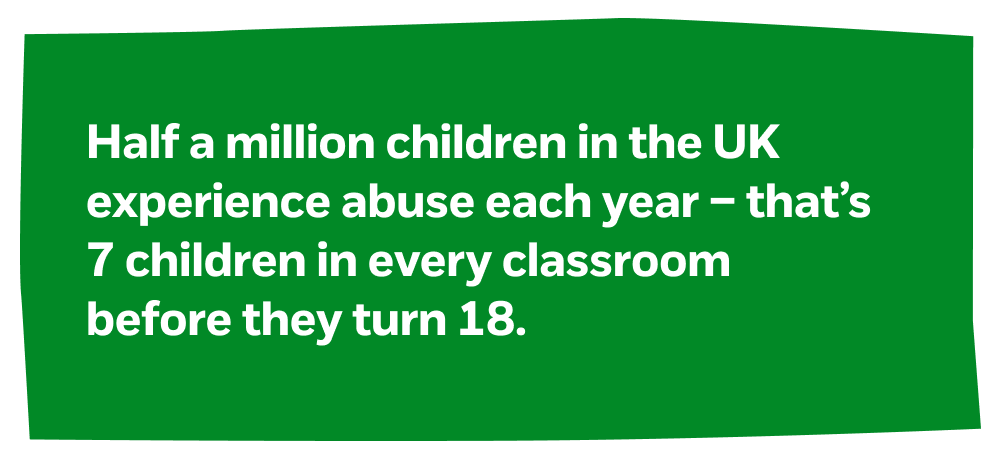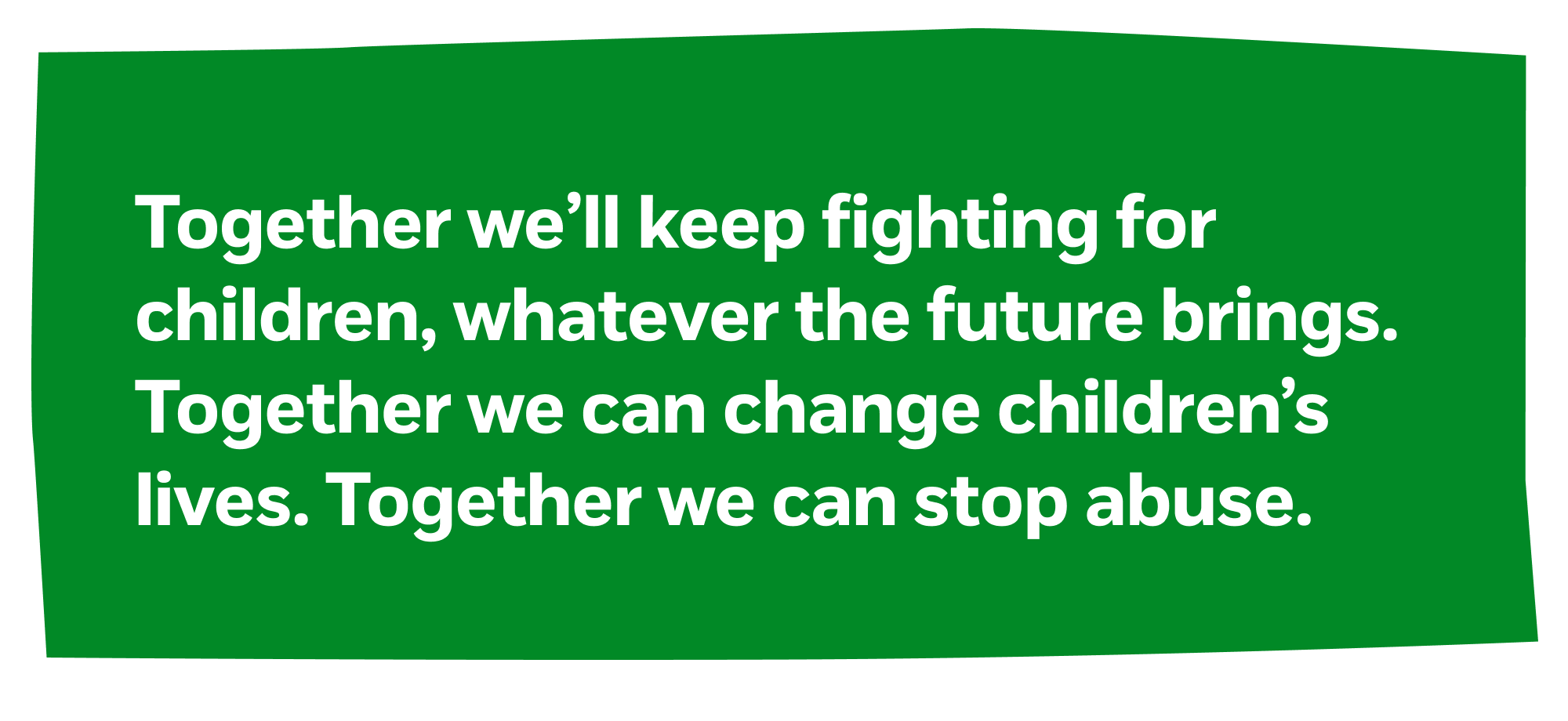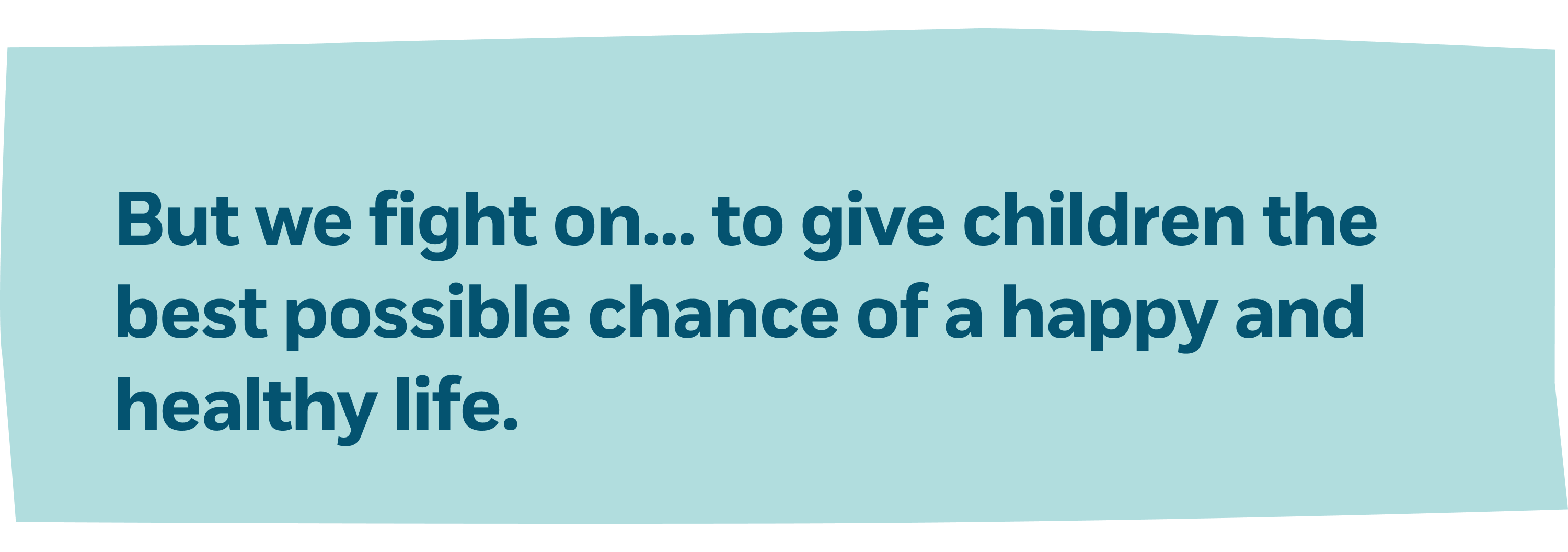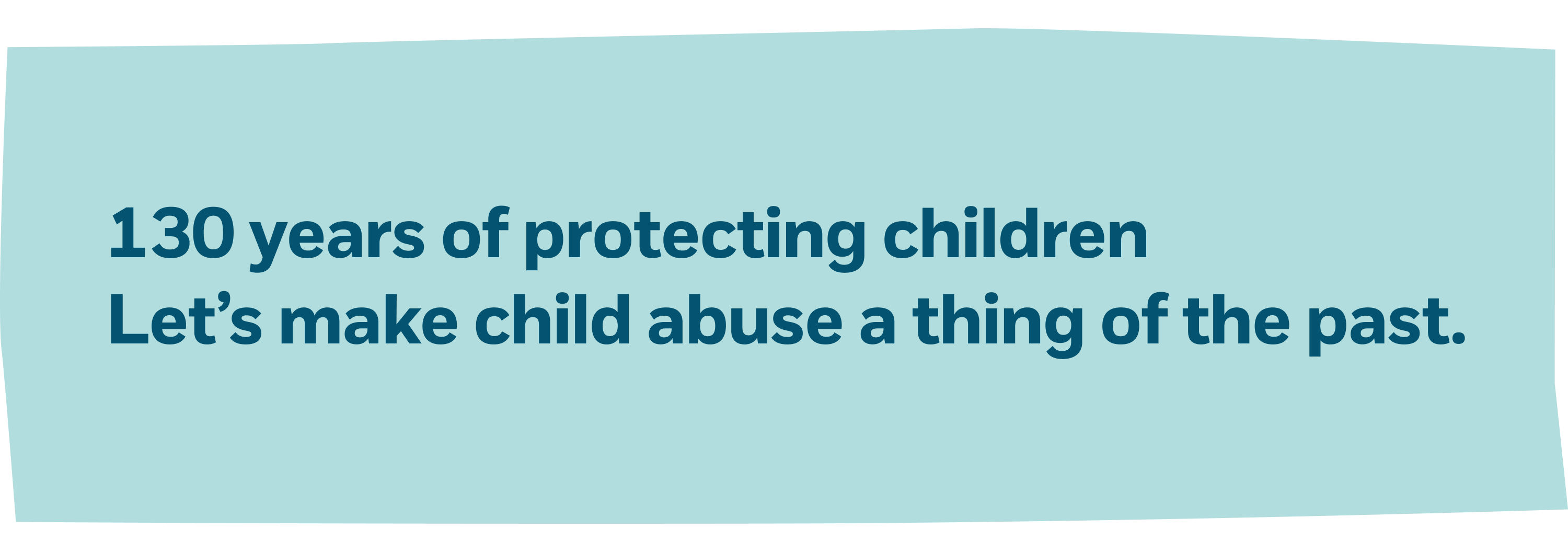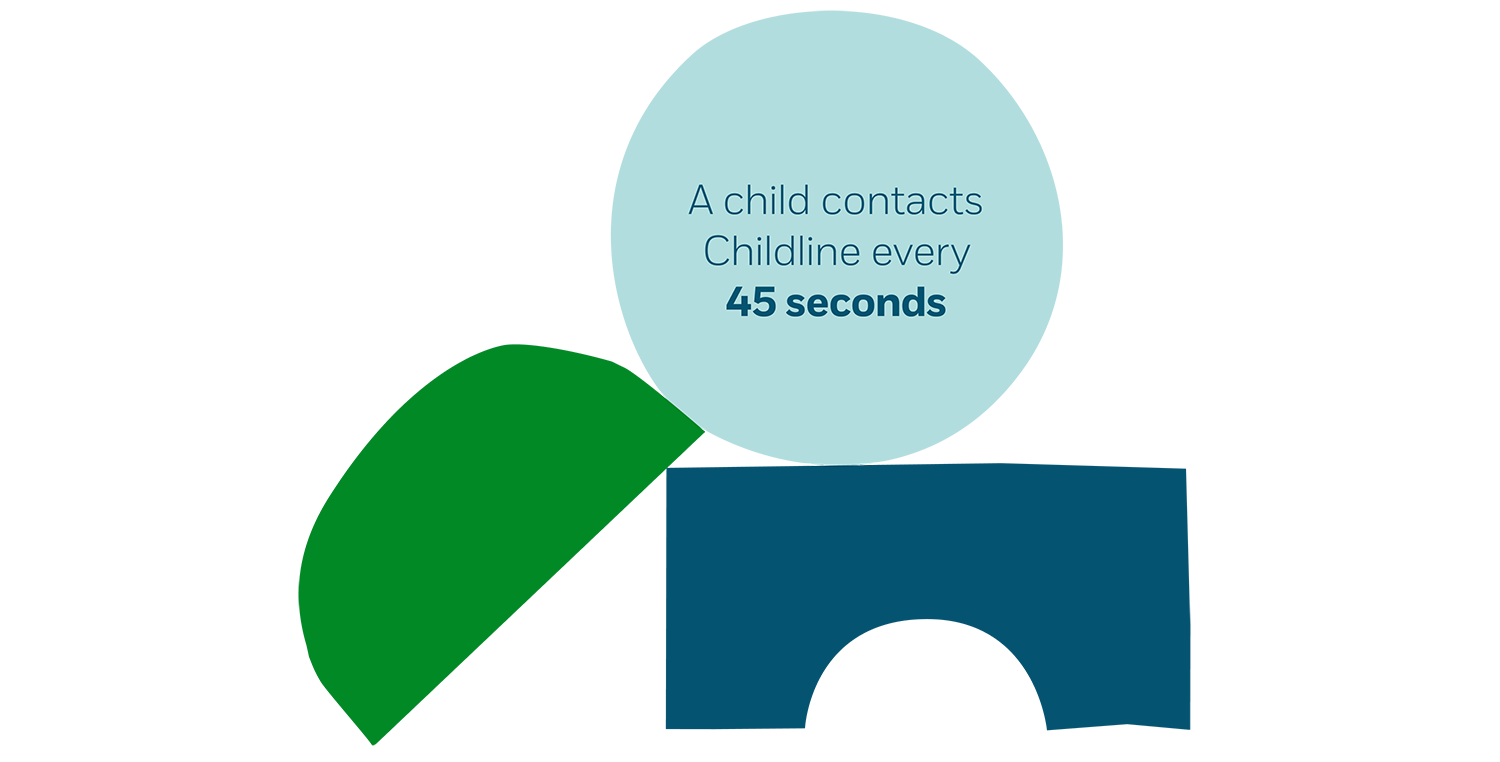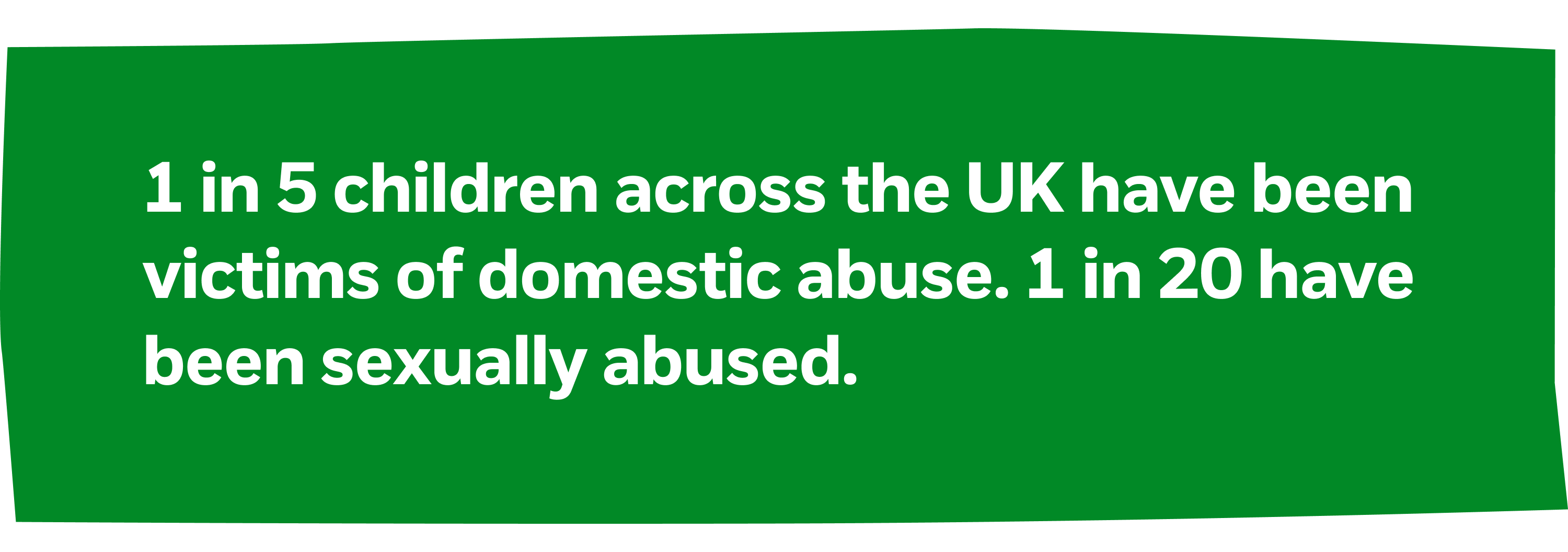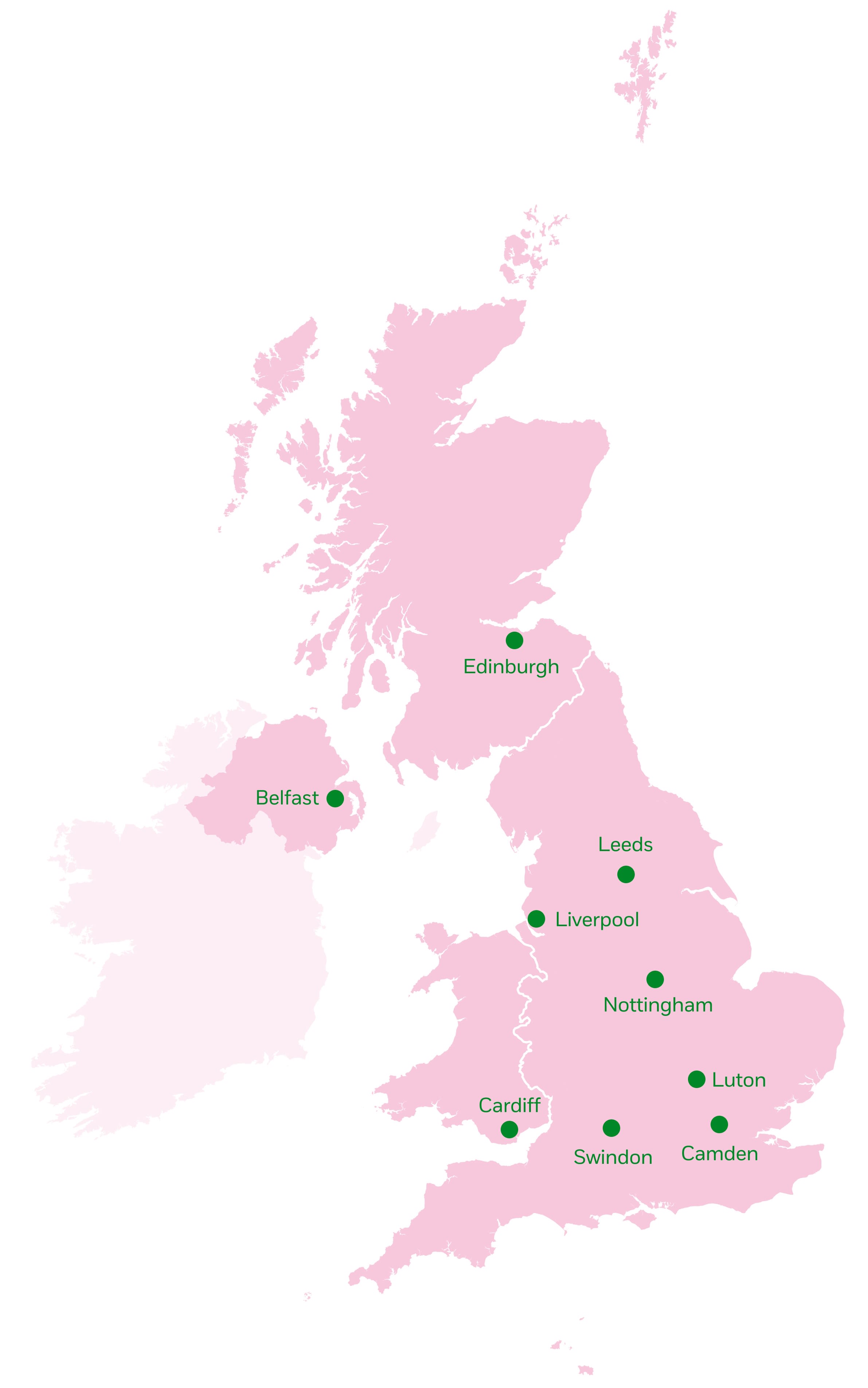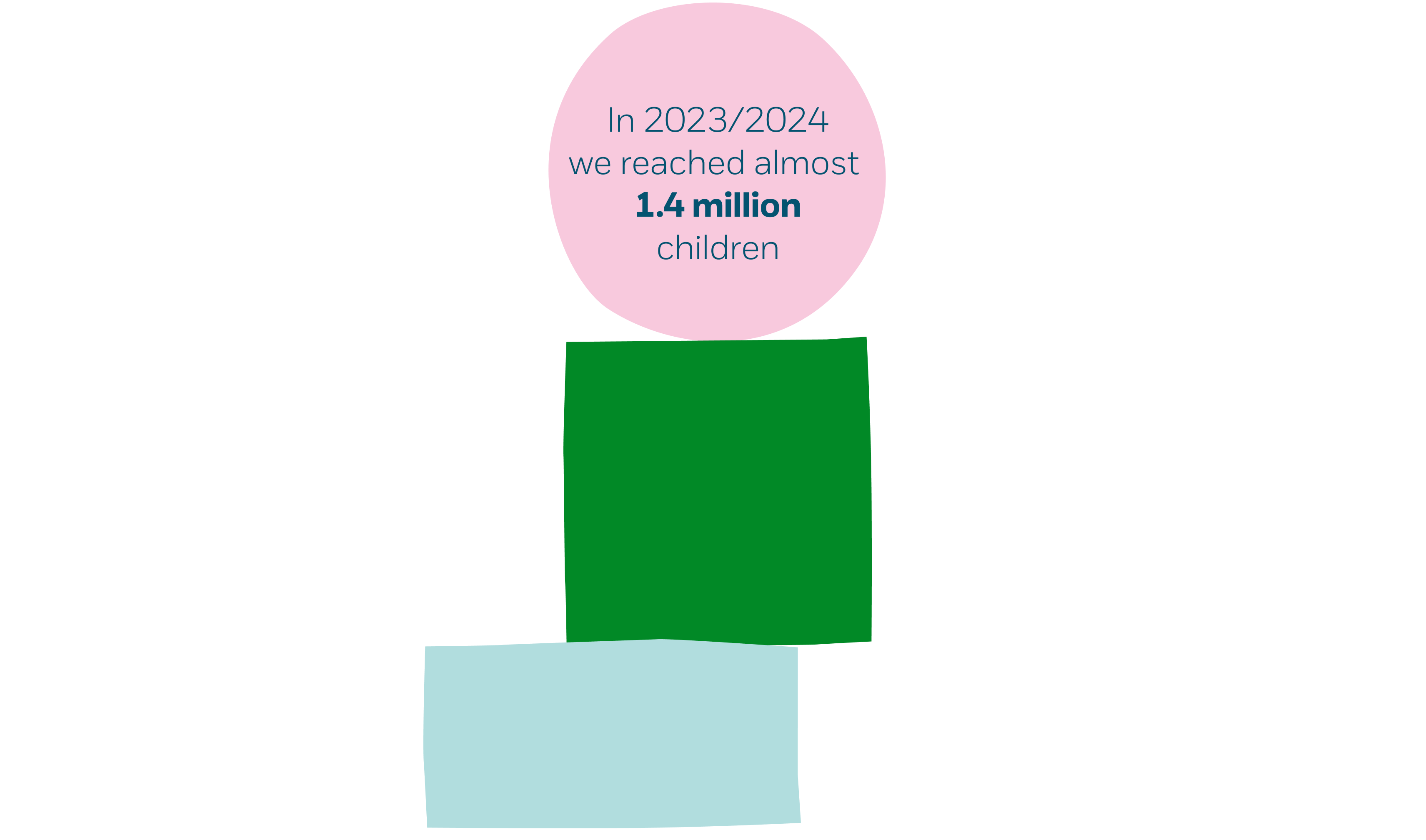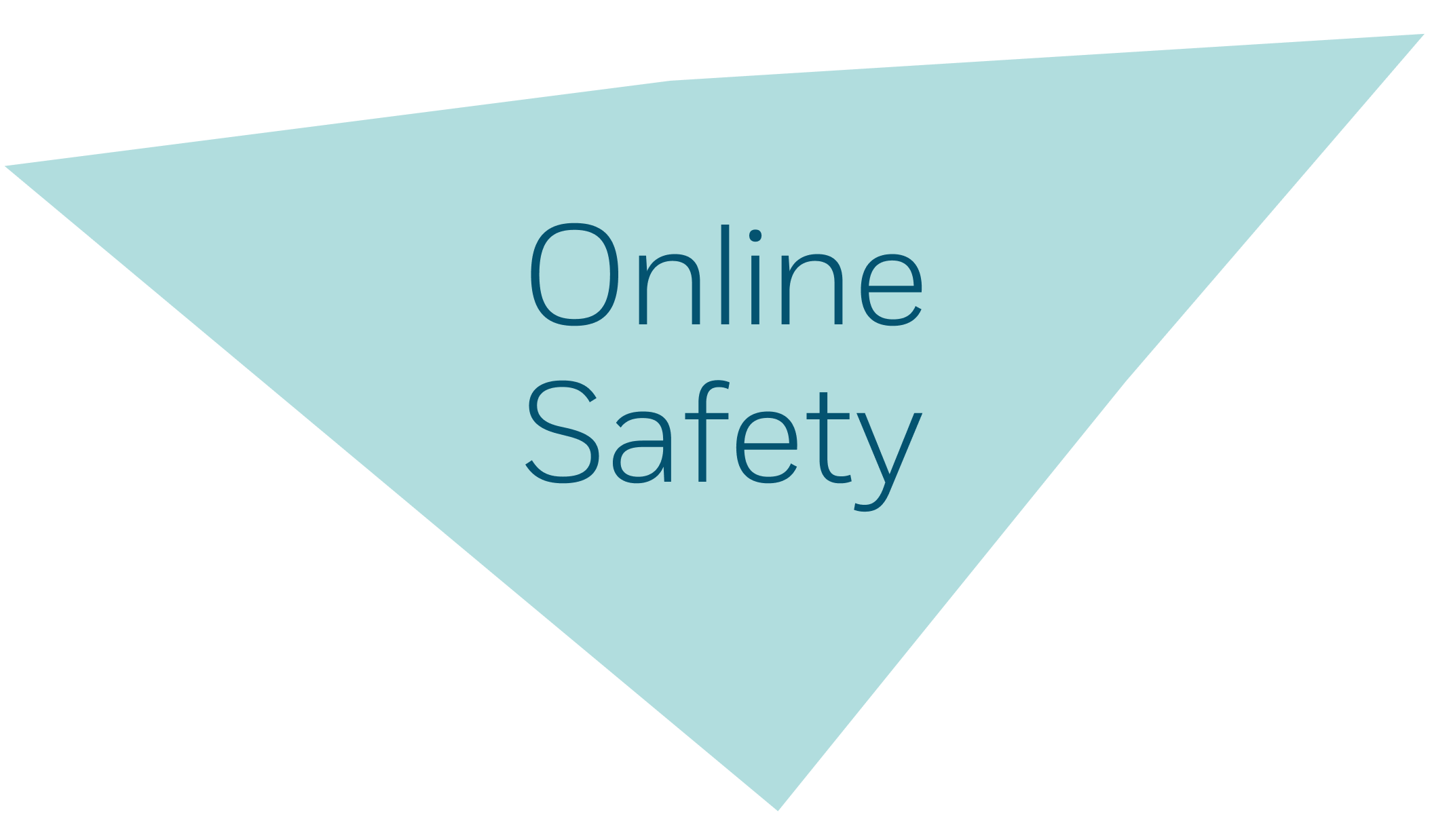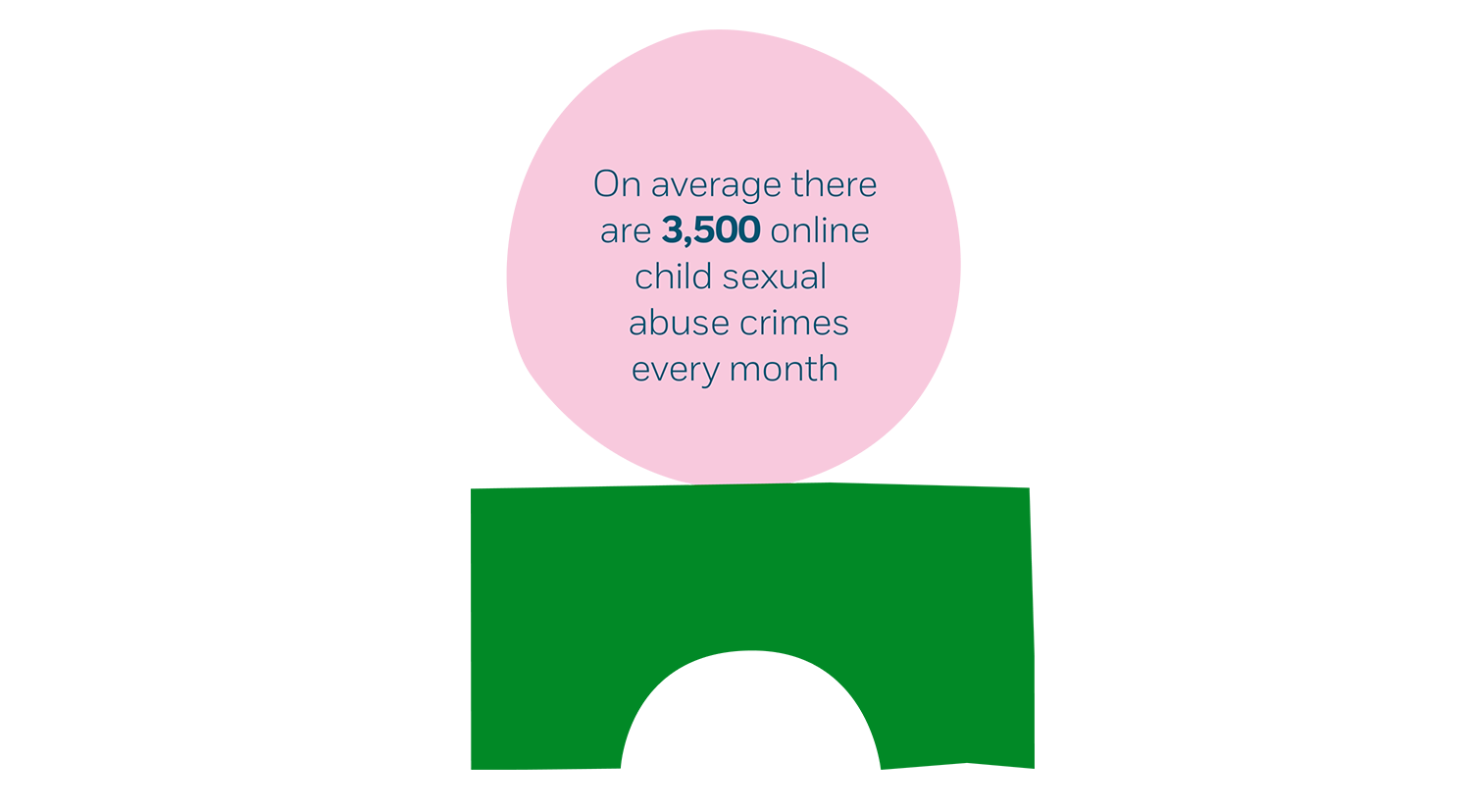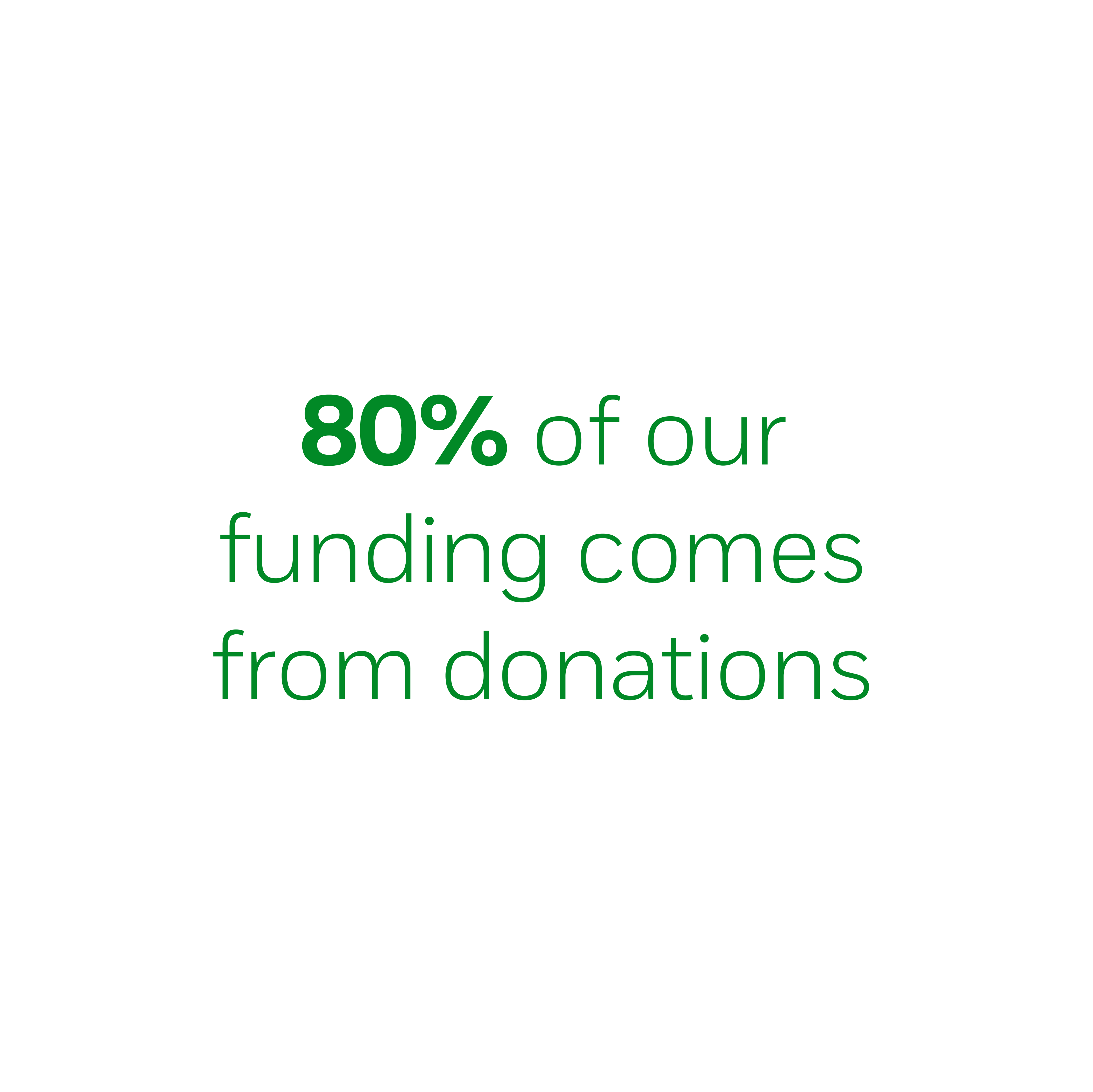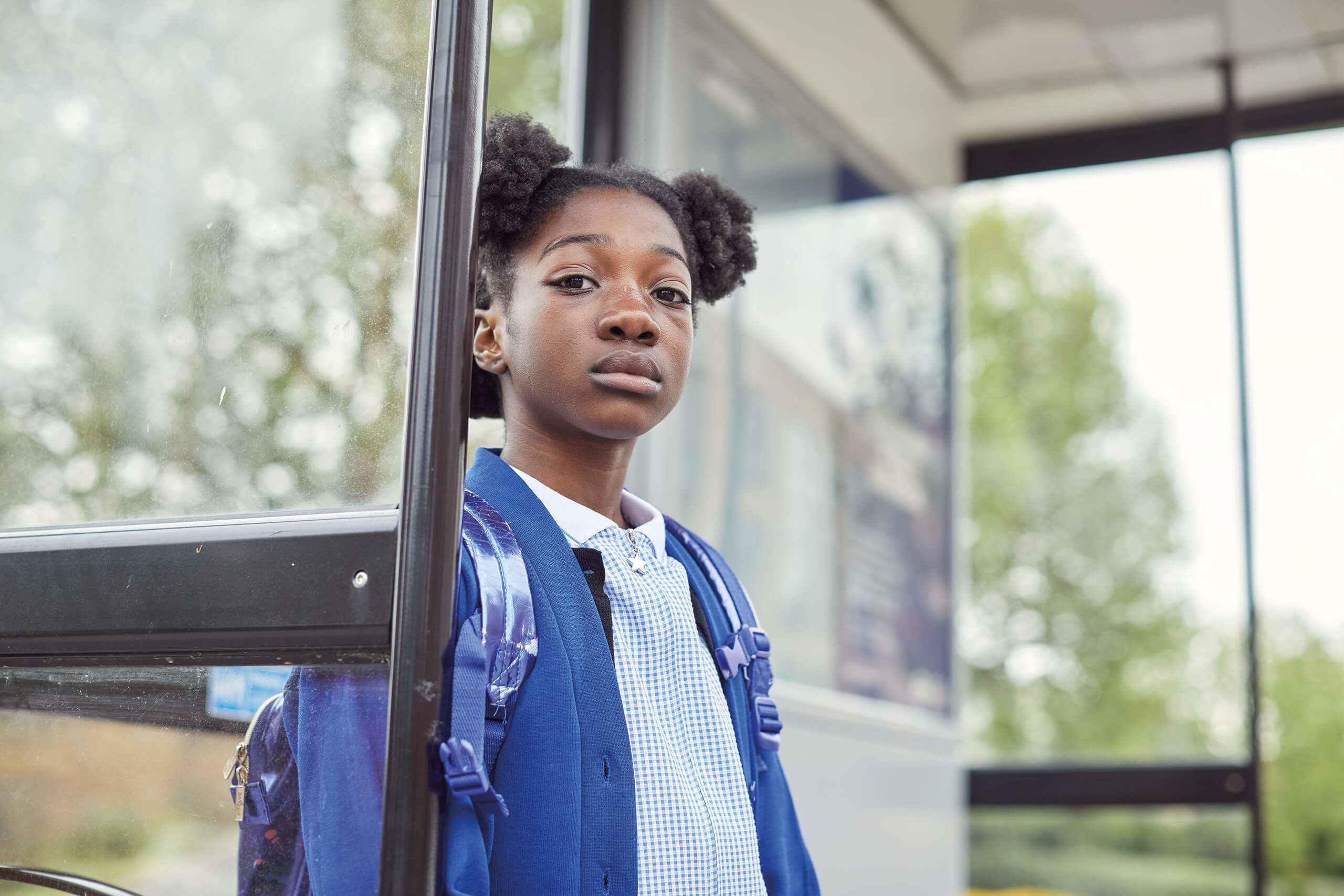
We must end child abuse.
Too many children are struggling alone with fear, violence and neglect.
All the while, more and more children are being put at risk by new dangers in the world around them. This must change. At home, in school and online, every child deserves to be safe and happy.
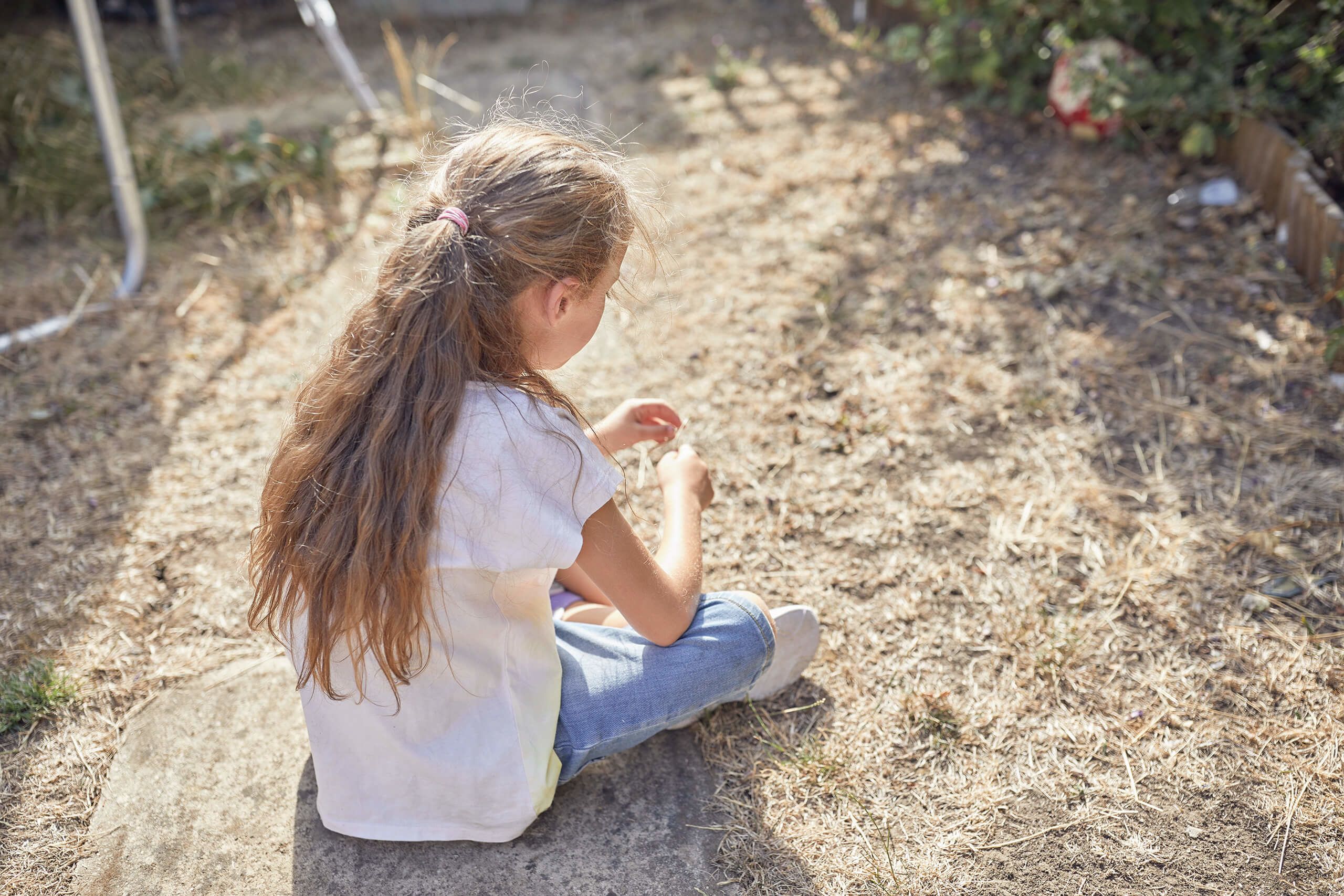
The landscape of safeguarding and child protection is changing and, though practice is improving, statutory funding is barely able to keep up with the demand.
Because of this, we’re witnessing the effects of a reduction in universal, early help and preventative services, while the most prominent risk factors are rising.
No single factor can predict abuse. But we know that children growing up in homes where there is poverty, domestic abuse, substance misuse or mental health problems are at a higher risk of abuse and neglect.
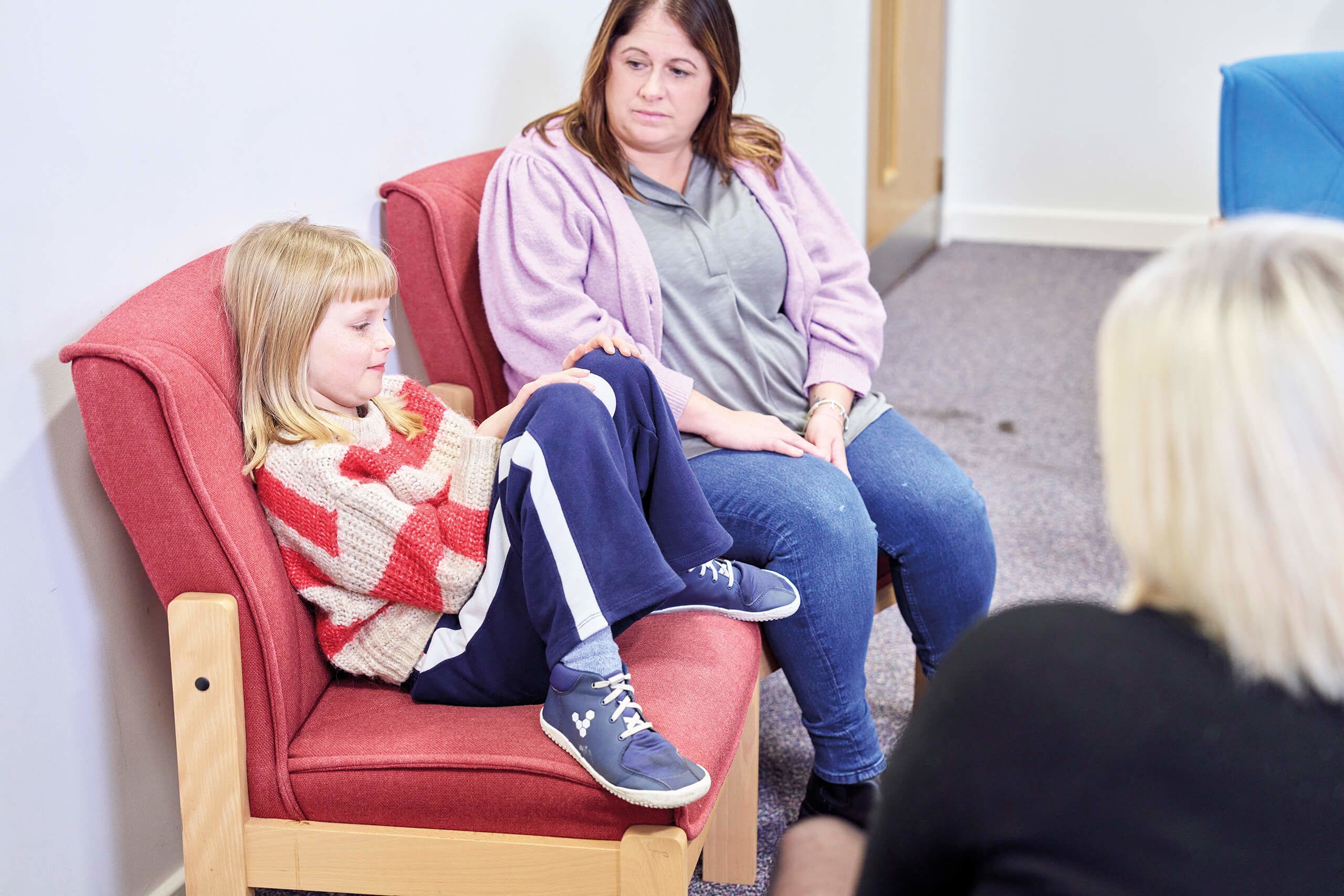
There will be 100,000 children in care in the next decade.
Published in May 2022, the Independent Review into Children’s Social Care revealed that the children’s social care system has been under massive strain for many years.
The review predicted that there will be 100,000 children in care in the next decade (up from 80,000 today) and it will cost more than £15 billion per year (up from £10 billion now).
With over 130 years of experience in child protection, the NSPCC has a very important responsibility, and a distinct role to play — one that is deeply rooted in child protection — to use our insight, expertise and position to influence well beyond everything we can do ourselves.
We know we need a children’s social care system focused on early intervention, with children at its heart. With your help we can influence and collaborate with social care, to make that a reality.
We’ve shattered the silence around child abuse, and with your support we can protect children today and prevent abuse tomorrow.


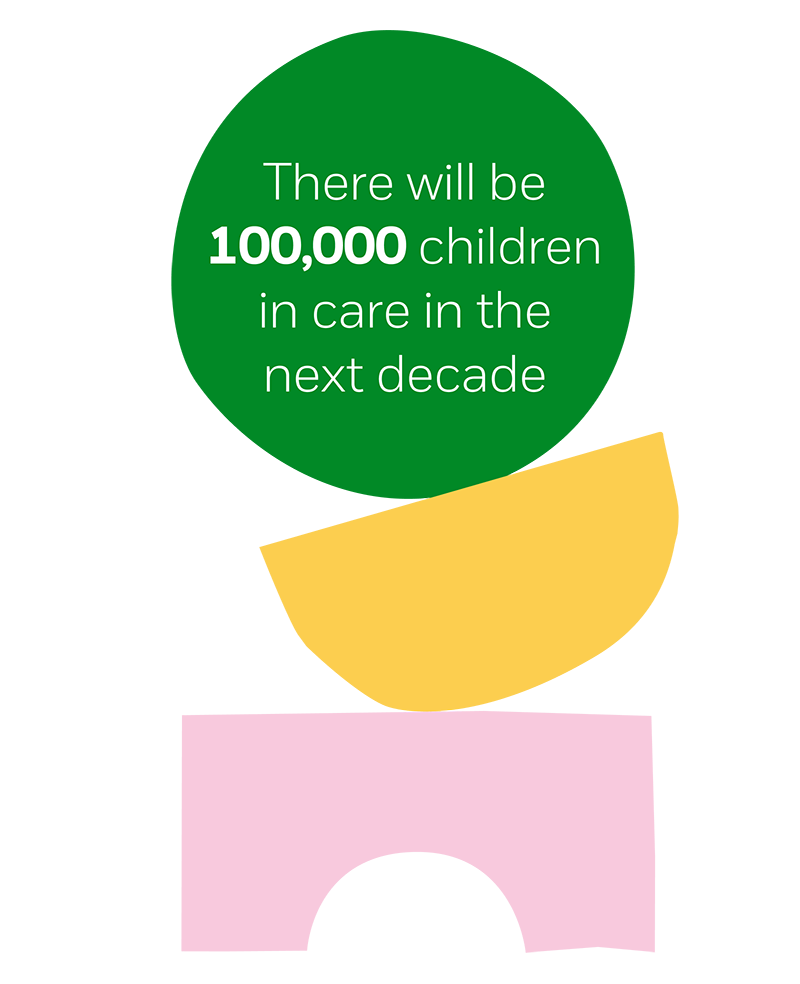
There will be 100,000 children in care in the next decade.
Published in May 2022, the Independent Review into Children’s Social Care revealed that the children’s social care system has been under massive strain for many years.
The review predicted that there will be 100,000 children in care in the next decade (up from 80,000 today) and it will cost more than £15 billion per year (up from £10 billion now).
With over 130 years of experience in child protection, the NSPCC has a very important responsibility, and a distinct role to play — one that is deeply rooted in child protection — to use our insight, expertise and position to influence well beyond everything we can do ourselves.
We know we need a children’s social care system focused on early intervention, with children at its heart. With your help we can influence and collaborate with social care, to make that a reality.
We’ve shattered the silence around child abuse, and with your support we can protect children today and prevent abuse tomorrow.
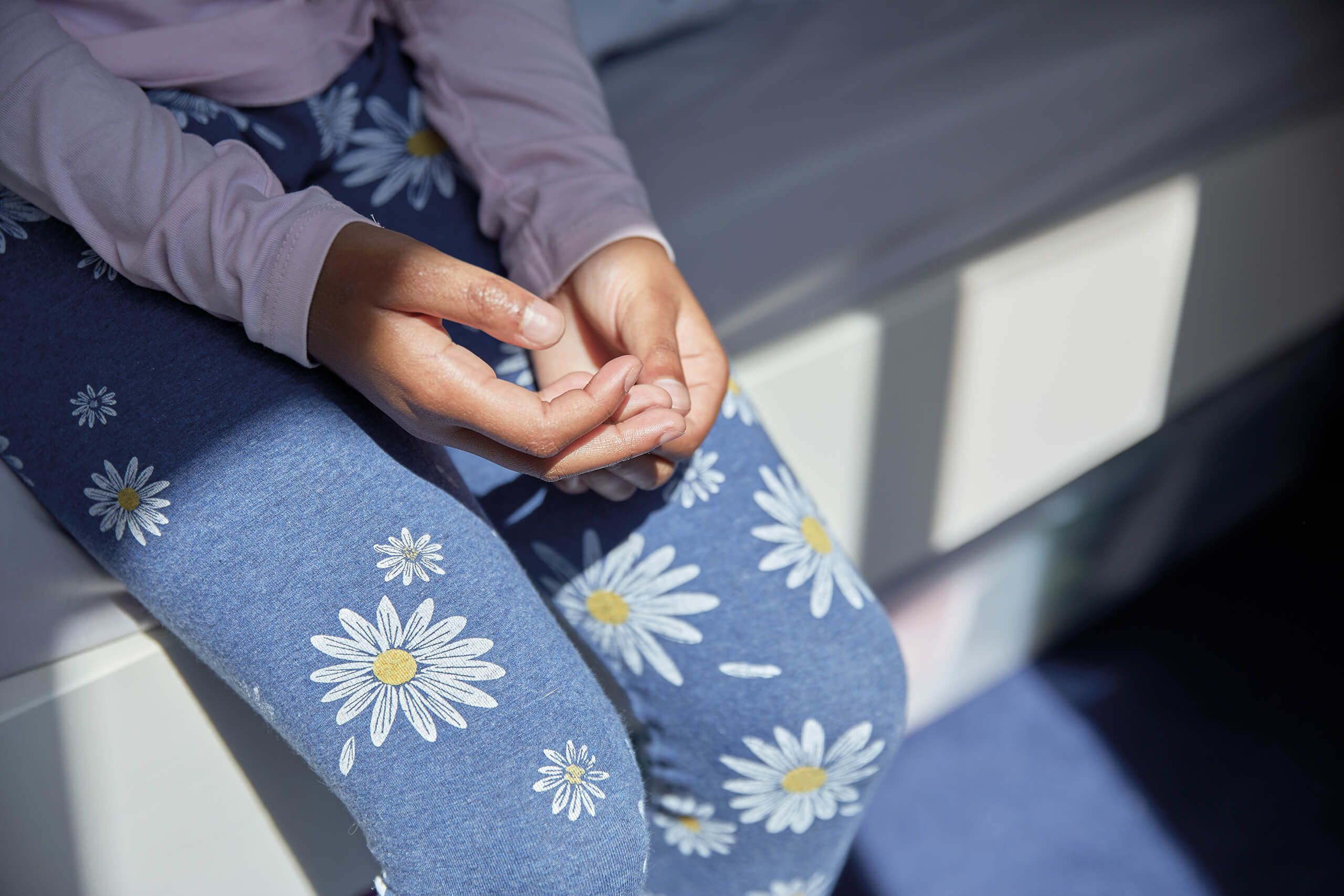
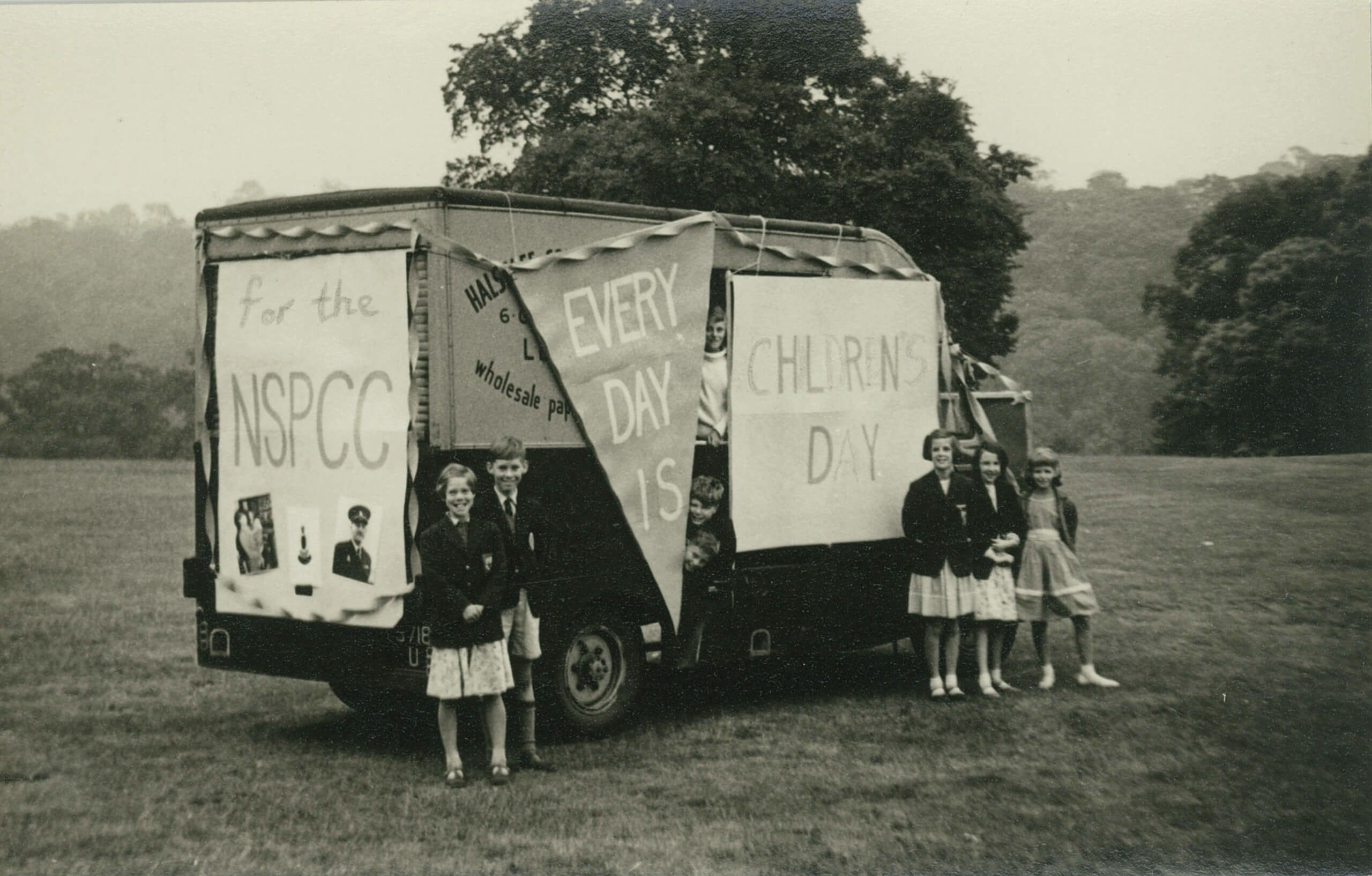
From our inception in the late 1800s until now, we’ve been championing a huge shift in the way society protects its children, and how it recognises and addresses abuse.
Over time, many different laws, campaigns and individual cases have shaped the child protection system we have in place in the UK today.
We’ve been part of a movement that has revolutionised attitudes towards children. Our advocacy has helped to move them from being subject to the rule of their parents behind closed doors, to having their own rights to protection and adequate care.
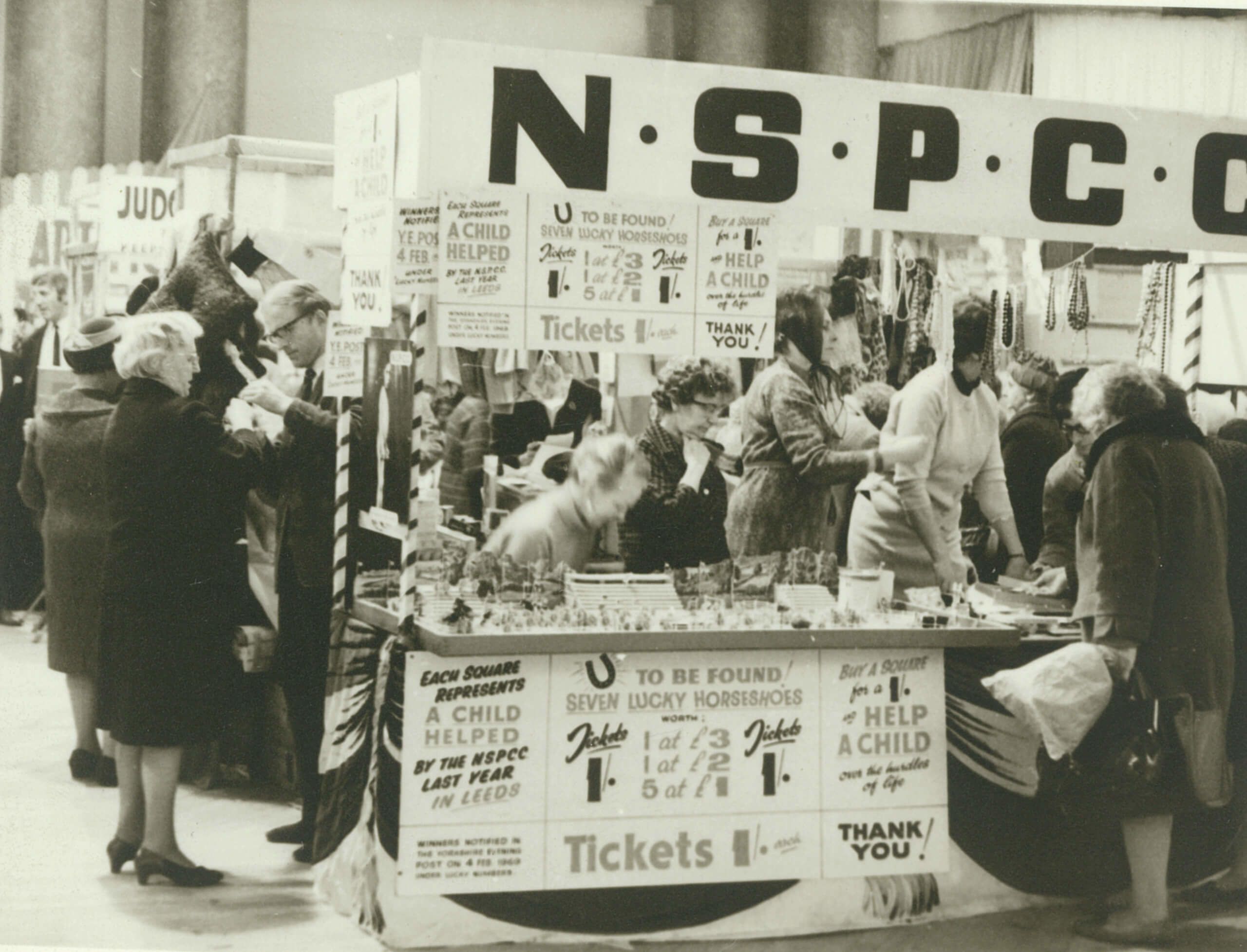
1881
“…whilst we have a Society for the Prevention of Cruelty to Animals, can we not do something to prevent cruelty to children?”
The Reverend George Staite, in a letter to the Liverpool Mercury newspaper in 1881
1881
“The evils you state are enormous and indisputable, but they are of so private, internal and domestic a nature as to be beyond the reach of legislation.”
Politician, philanthropist and social reformer Lord Shaftesbury, in response
1894
“The NSPCC is not just another children’s charity. It is an organisation which will fight to obtain the citizenship of every child and justice for all children.”
Reverend Benjamin Waugh, founder of the NSPCC, 1894
1904
The 1904 Prevention of Cruelty Act grants us the unique power to remove children from abusive or neglectful homes
“…to the care or a relative or fit person including any society or body corporate established for the reception of poor children or the prevention of cruelty to children named by the court…”
1945
“The duty to be sure in the care of children must not be put-aside... The ‘fit person’, local authority or individual, must care for the children as his own.”
Sir Walter Monckton writing in the first formal child death inquiry in the UK, in 1945, concerning the case of 12-year-old Dennis O'Neill, who was killed by his foster father
1951
“The constant vigilance of organisations like your own is essential to deal with these cases [of cruelty] ... You deserve support, and I wish you all success.”
Telegram to the NSPCC from the Prime Minister, Winston Churchill, in 1951
1971
“Something like a quarter of the total number of child referrals in England and Wales come through the NSPCC and are handled to a greater or lesser extent by the NSPCC.”
Sir Keith Joseph, Secretary of State for Social Services, speaking in 1971
1988
“...the problems are still as important – as difficult – as they were over a hundred years ago ... so much that has gone on behind closed doors is now being revealed.”
Prime Minister, Margaret Thatcher, speaking at an NSPCC reception in 1988
1999
“This campaign has one Big Idea. It is that children are everybody’s responsibility. It is about personal, professional and public responsibility for children. That is, our responsibility. Everyone’s responsibility.”
Prime Minister, Tony Blair, speaking at the launch of the NSPCC’s Full Stop Campaign in 1999
2023
“At the NSPCC we hear from children about the completely unacceptable levels of abuse and harm they face online every day. That’s why we have campaigned strongly for change alongside brave survivors, families, young people and parliamentarians to ensure the legislation results in a much safer online world for children.”
Sir Peter Wanless, NSPCC Chief Executive, speaking about the passing of the Online Safety Bill in September 2023
Thanks to the force of our influence and our supporters, children today are safer from abuse and neglect. Their welfare is more protected by the law than ever before.
Every positive step society takes towards ending child abuse means that we as an organisation can adapt our strategy and focus our resources on the areas where we can make the most difference.
We’re only able to investigate and address emerging challenges for children, such as online safety, because of what we've helped to accomplish over the last 130 years – tackling problems that were once endemic and seen as beyond our reach.
1881
“…whilst we have a Society for the Prevention of Cruelty to Animals, can we not do something to prevent cruelty to children?”
The Reverend George Staite, in a letter to the Liverpool Mercury newspaper in 1881
1881
“The evils you state are enormous and indisputable, but they are of so private, internal and domestic a nature as to be beyond the reach of legislation.”
Politician, philanthropist and social reformer Lord Shaftesbury, in response
1894
“The NSPCC is not just another children’s charity. It is an organisation which will fight to obtain the citizenship of every child and justice for all children.”
Reverend Benjamin Waugh, founder of the NSPCC, 1894
1904
The 1904 Prevention of Cruelty Act grants us the unique power to remove children from abusive or neglectful homes
“…to the care or a relative or fit person including any society or body corporate established for the reception of poor children or the prevention of cruelty to children named by the court…”
1945
“The duty to be sure in the care of children must not be put-aside... The ‘fit person’, local authority or individual, must care for the children as his own.”
Sir Walter Monckton writing in the first formal child death inquiry in the UK, in 1945, concerning the case of 12-year-old Dennis O'Neill, who was killed by his foster father
1951
“The constant vigilance of organisations like your own is essential to deal with these cases [of cruelty] ... You deserve support, and I wish you all success.”
Telegram to the NSPCC from the Prime Minister, Winston Churchill, in 1951
1971
“Something like a quarter of the total number of child referrals in England and Wales come through the NSPCC and are handled to a greater or lesser extent by the NSPCC.”
Sir Keith Joseph, Secretary of State for Social Services, speaking in 1971
1988
“...the problems are still as important – as difficult – as they were over a hundred years ago ... so much that has gone on behind closed doors is now being revealed.”
Prime Minister, Margaret Thatcher, speaking at an NSPCC reception in 1988
1999
“This campaign has one Big Idea. It is that children are everybody’s responsibility. It is about personal, professional and public responsibility for children. That is, our responsibility. Everyone’s responsibility.”
Prime Minister, Tony Blair, speaking at the launch of the NSPCC’s Full Stop Campaign in 1999
2023
“At the NSPCC we hear from children about the completely unacceptable levels of abuse and harm they face online every day. That’s why we have campaigned strongly for change alongside brave survivors, families, young people and parliamentarians to ensure the legislation results in a much safer online world for children.”
Sir Peter Wanless, NSPCC Chief Executive, speaking about the passing of the Online Safety Bill in September 2023
Thanks to the force of our influence and our supporters, children today are safer from abuse and neglect. Their welfare is more protected by the law than ever before.
Every positive step society takes towards ending child abuse means that we as an organisation can adapt our strategy and focus our resources on the areas where we can make the most difference.
We’re only able to investigate and address emerging challenges for children, such as online safety, because of what we've helped to accomplish over the last 130 years – tackling problems that were once endemic and seen as beyond our reach.
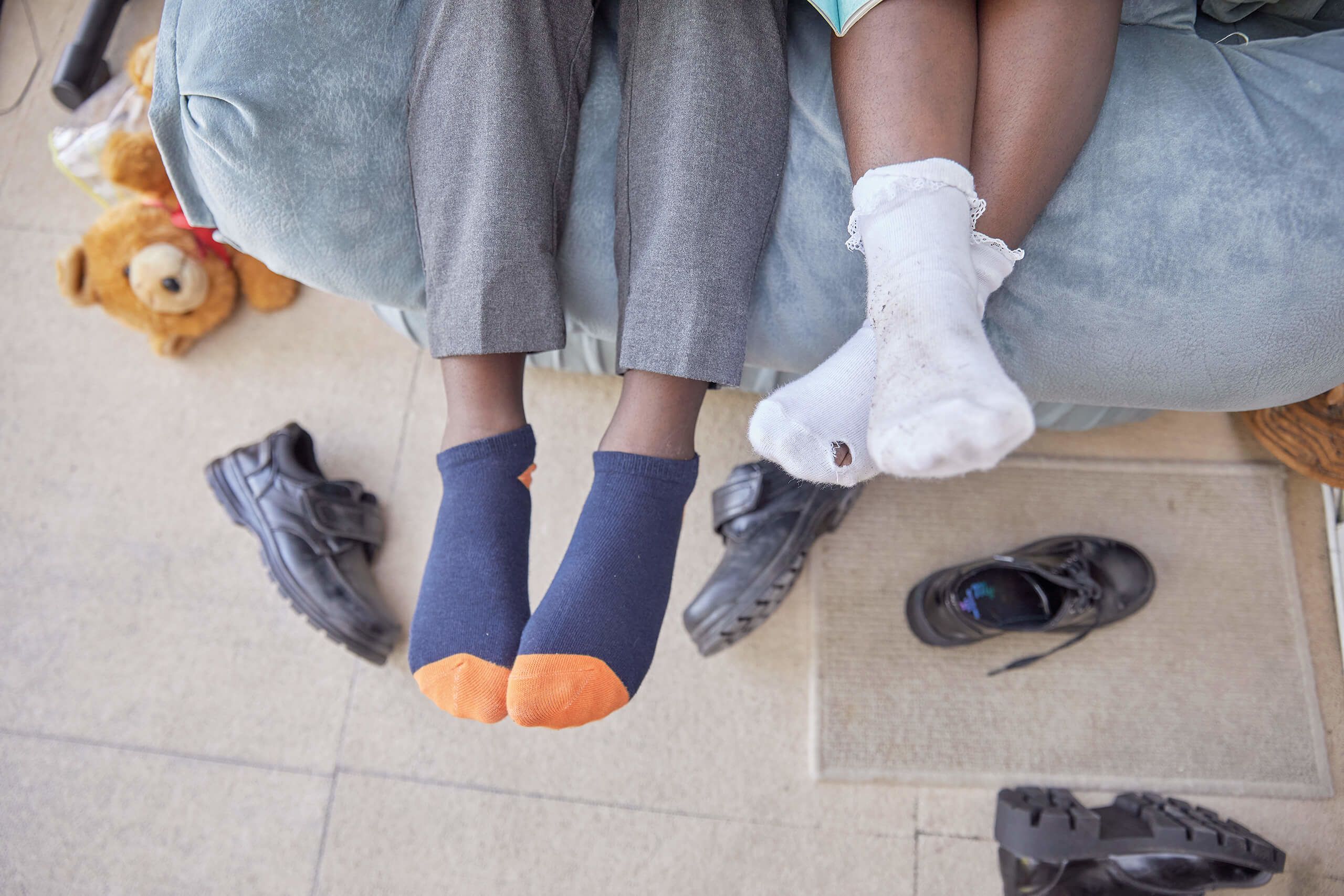
Every day, our frontline service staff are giving hope to children who feel desperate or invisible. Listening to their worries and fears, we act immediately whenever a child is in danger.
Every 45 seconds, a child finds the courage to reach out to Childline and share their problems. Our trained volunteer counsellors are there for them, at any time of the day or night.
Adults concerned about children’s safety or wellbeing can call upon the NSPCC Helpline.
When children and families are struggling to recover from the wide-ranging impacts of these and other forms of abuse, our frontline practitioners provide tailored personal support. They work from our regional hubs across the UK.
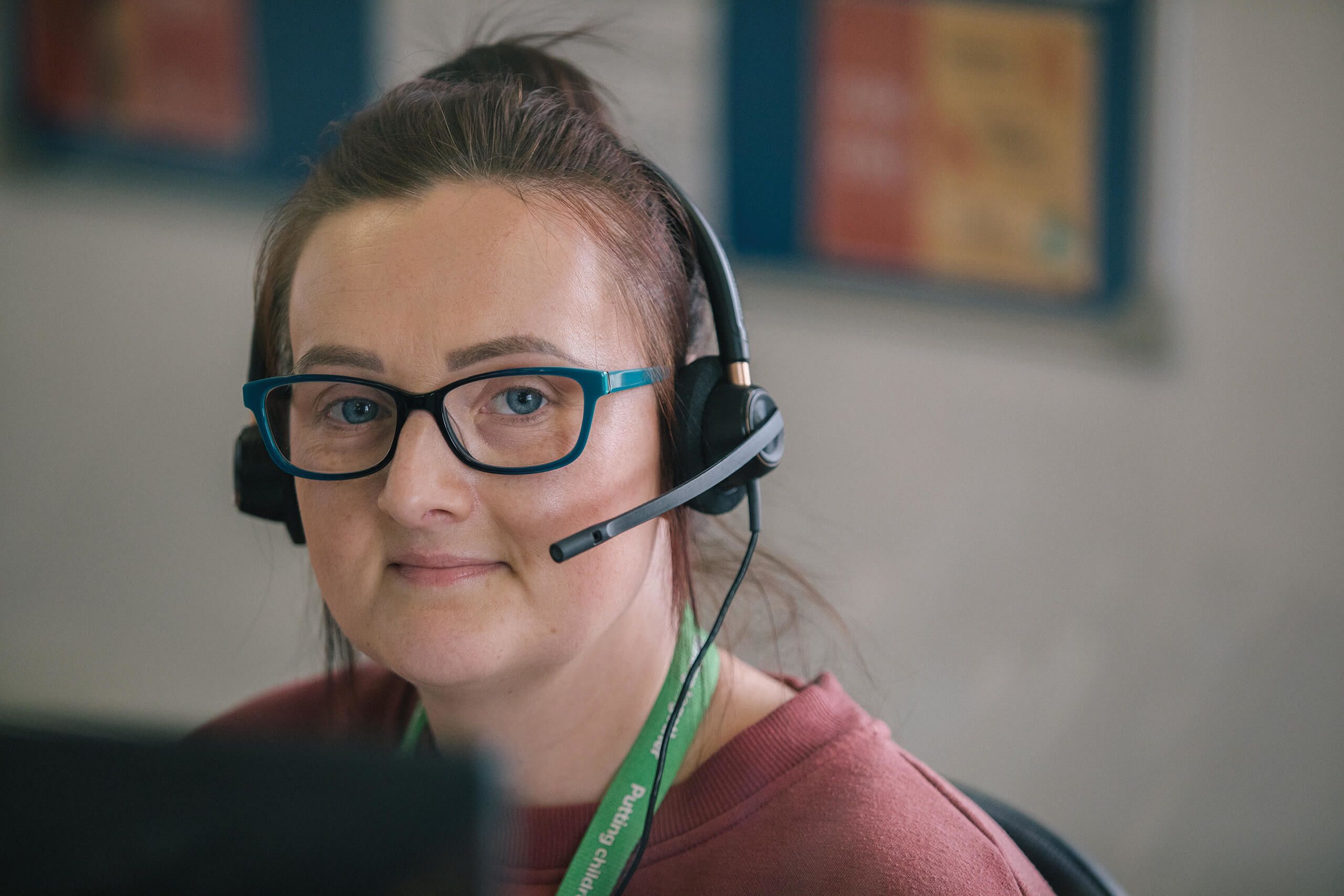
They work from our regional hubs in Scotland, Northern Ireland, Wales, England (including the North West, the North East, Yorkshire and the Humber, the Midlands, the East of England, London and the South East, the South West and the Channel Islands).
Please join us and help keep children safe.
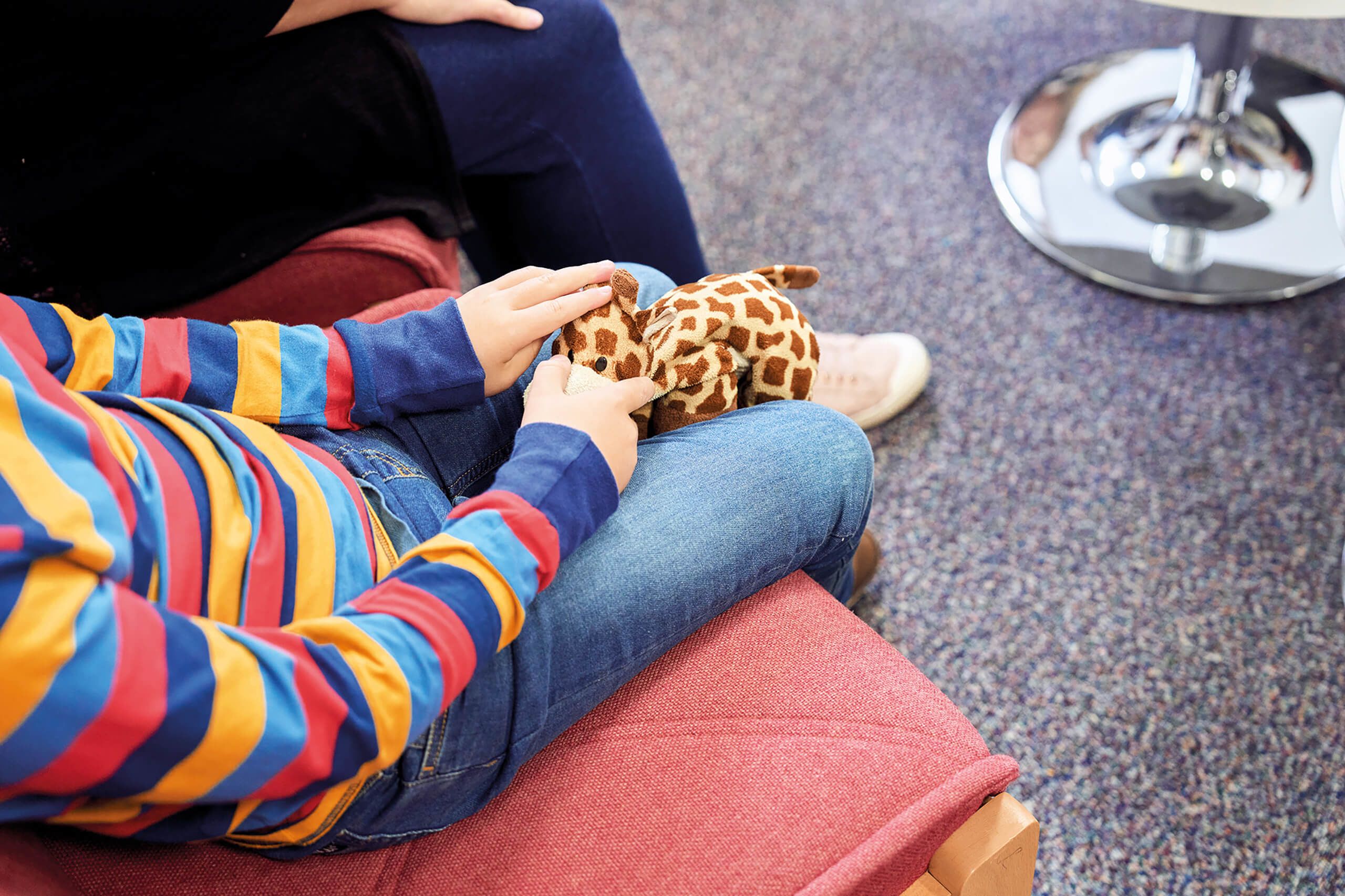
To have the best possible chance of stopping child abuse for good, we need a children’s social care system focused on early intervention.
We’ve always believed child abuse can be prevented. Yet sexual abuse alone costs the UK £10 billion per year.
Our approach is to focus on the places where children grow up. We bring together all the people in a child’s life, like family, friends and professionals. We consider all the different parts of the system, such as their school, doctors or social workers. All to build a ‘social safety net’ around every child.
Our work supports children at every stage of their life, guided by evidence and free of shame or stigma. For example, we support expectant parents with their mental health and help new parents bond with their babies.
We also work tirelessly to prevent cruelty to children in communities, visit schools to talk about sexual abuse and help young children recognise abuse. Our behavioural change campaigns reach millions of children every year. In 2023/24, we reached almost 1.4 million children in 5,600 schools.
Will you help prevent child abuse before it starts?
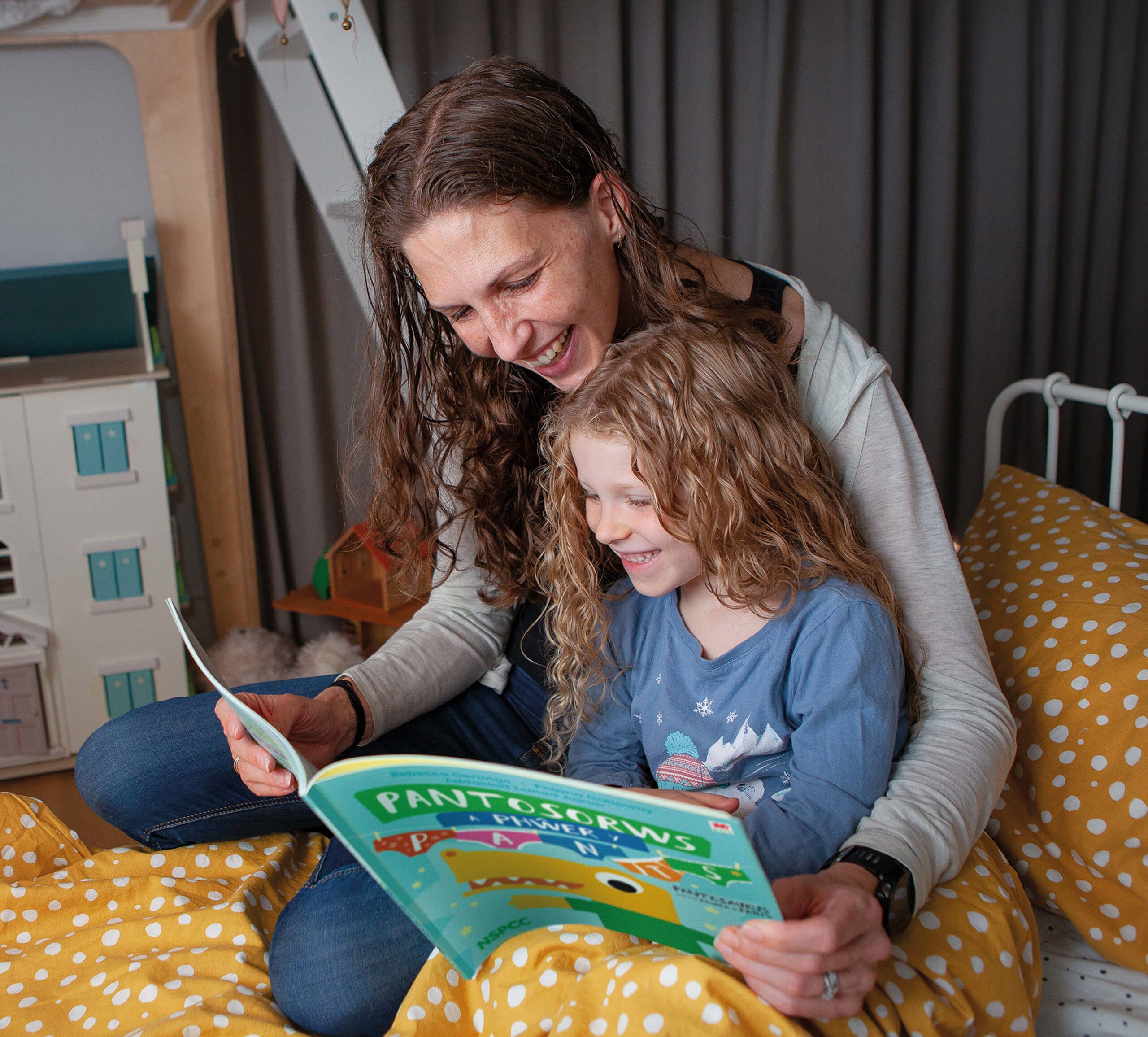

Together we'll transform the online world, so that the internet is safe for every child.
Over the last decade, online platforms have continued to completely change the way we communicate with each other – opening up so many more opportunities for children.
Almost all children in the UK are using the internet, and one in three young people have seen something worrying or nasty online in the last year.
We all have a responsibility to make sure that children are kept safe as they navigate and explore the digital world.
Our strategy for child safety online will amplify children’s voices to create effective solutions to online harm and abuse.
Every child deserves to be safe when they go online.

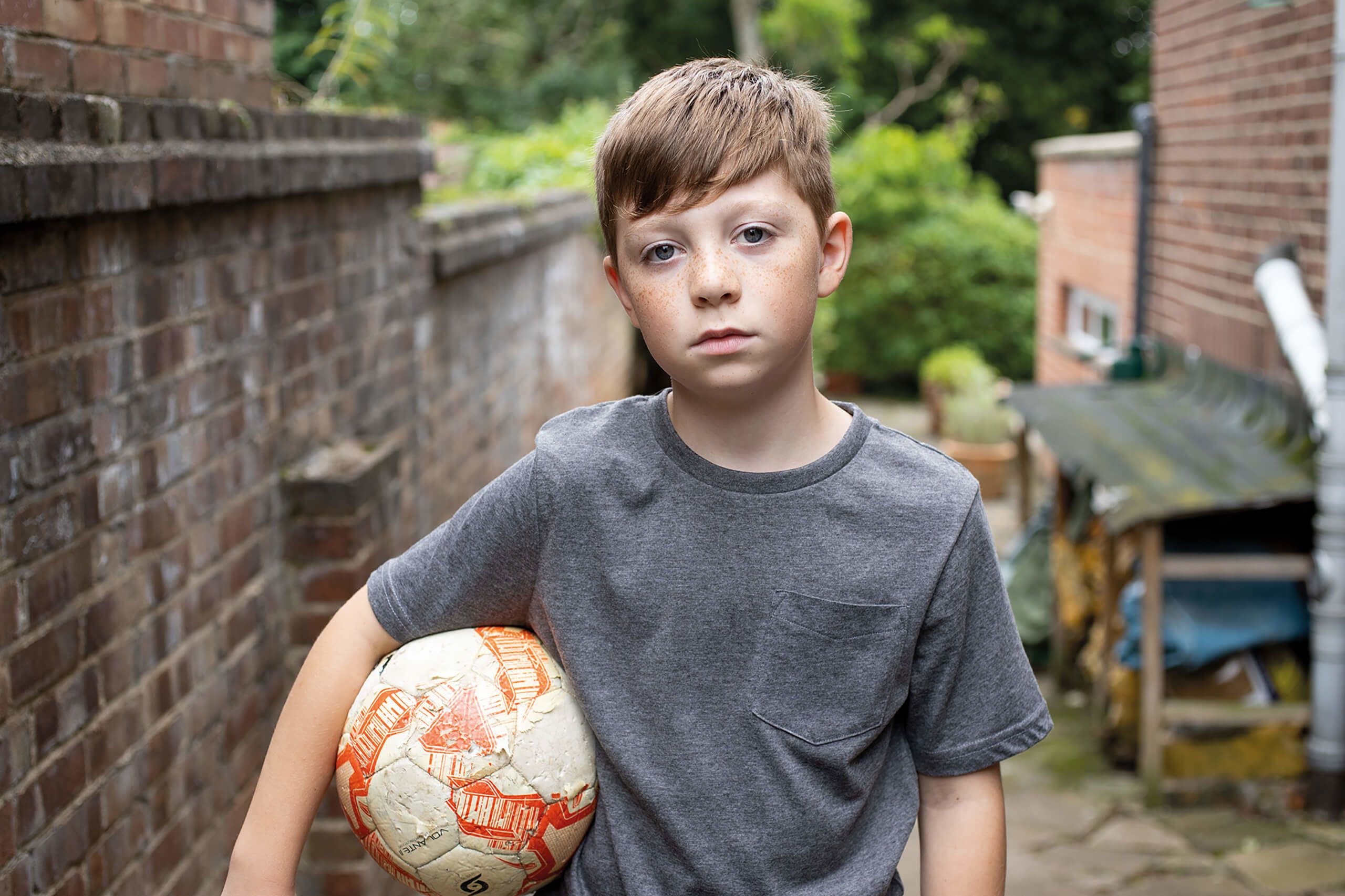
We know what we need to do to keep children safe, but we can’t do it alone.
It is only thanks to the generosity of our supporters that we can deliver our vital services, and campaign for change. Our success is only possible with the help of our supporters, and philanthropic support from individuals, corporations and trusts has enabled us to do remarkable things for children.
Together, we can be there for every child and with your help, we can be on the phone, online, in their classrooms, whenever and wherever they need us. In the face of new challenges, you can help us create a safer world around them.
We hope you will consider investing in their future by supporting the NSPCC.
